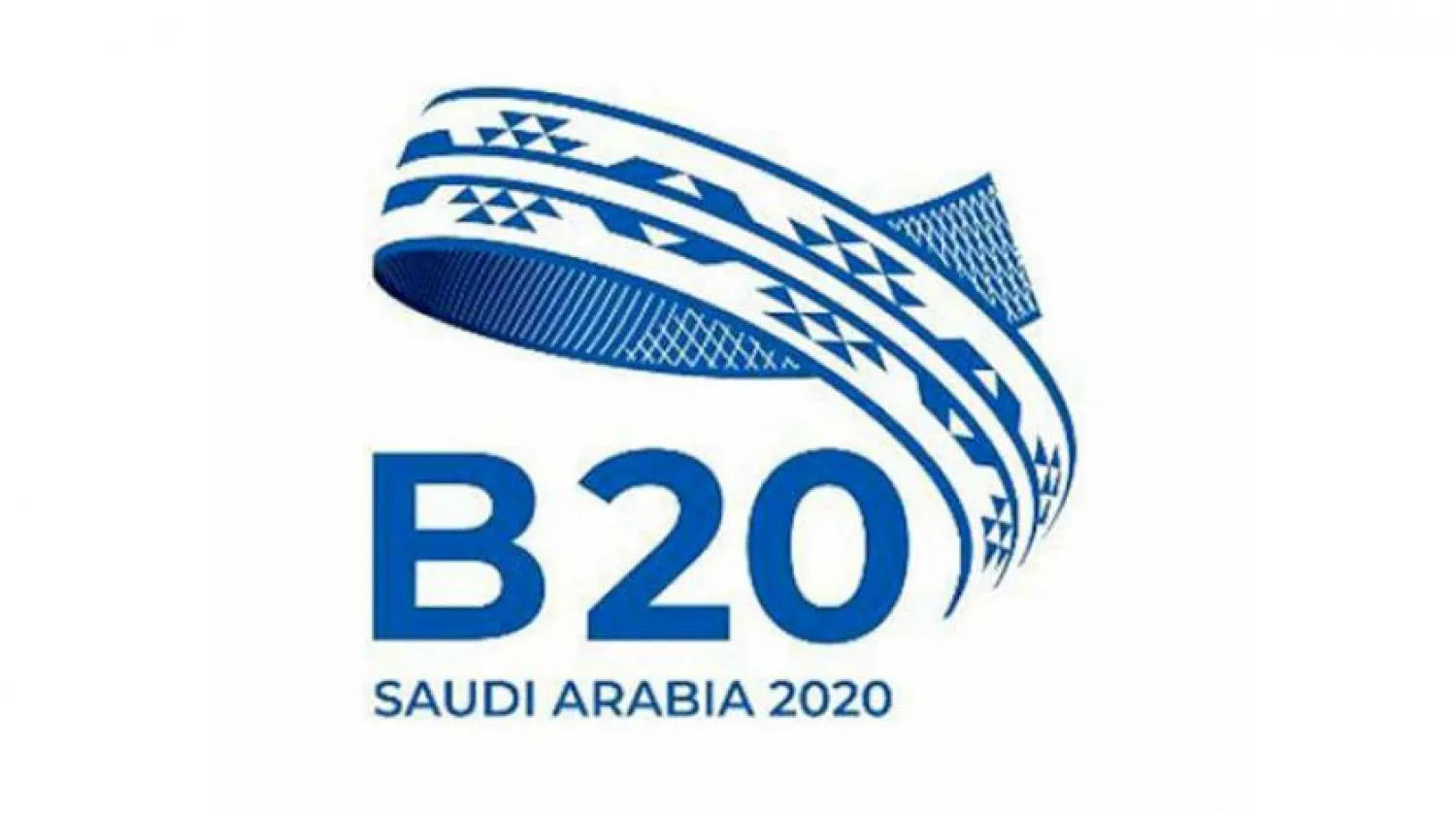The B20, which is the private sector's voice of the G20 community, has proposed a set of recommendations to the Finance Ministers and Central Bank Governors of the Group of 20 major economies who are set to meet on Wednesday.
The measures include supporting a globally-coordinated response for the coronavirus outbreak, continuing to monitor and backing countries with heavily-disrupted balance of payments, keeping the support for lending institutions, and creating a favorable fiscal and regulatory environment to ensure a strong rebound of companies.
Other proposed measures include supporting flexible channels to execute relief and COVID-19-response-program funding, preventing disruptions in global supply chains to enable effective crisis response in the short-term and enhancing resilience in the medium-term.
The B20 also recommended the G20 Finance Ministers and Central Bank Governors to ensure opening and servicing of infrastructure, including ports, road, rail, cargo airports, critical for the movement of goods across regions and to lockdown areas, and enable continued global trade during the crisis via trade finance and needed investments.
“We urge the G20 to develop an action plan to tackle the unfolding economic crisis keeping an eye on unintended consequences,” the B20 said in a statement released Tuesday.
“We call for a high-level working group, including the WTO, WHO and the World Bank, to identify measures and share best practices for a stronger health care and trade system which is well-prepared to tackle future pandemics in a highly interdependent world.”
“This must include data sharing and analysis, fast-response and continuity plans, crisis simulations, international emergency relief and post-disaster analysis,” said the statement.
It added that the pandemic must be an opportunity to join forces, to embrace innovation, and to prepare for a more resilient future.
Saudi Arabia will be hosting the fifteenth G20 Summit in Riyadh on November 21-22.









